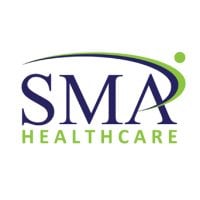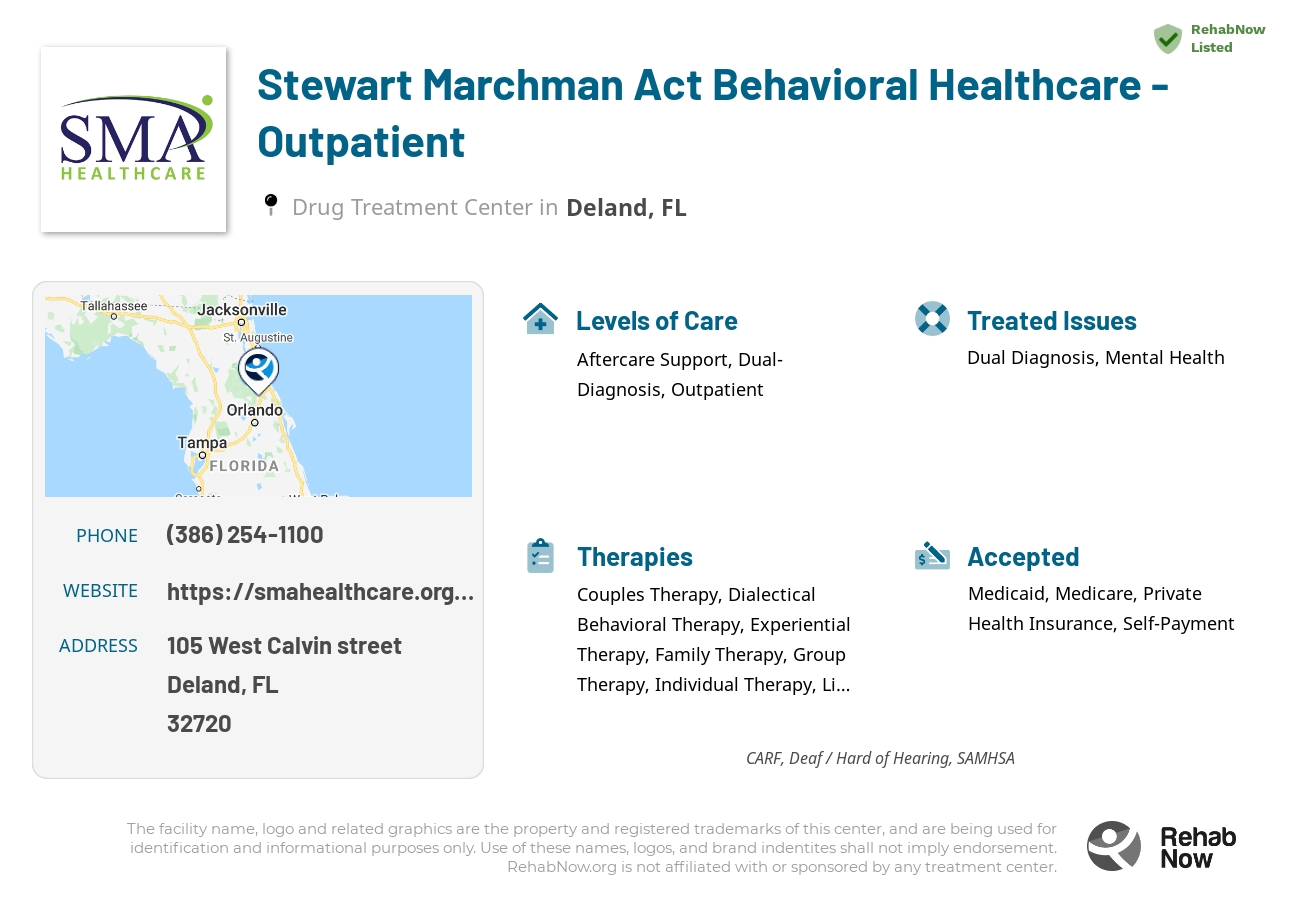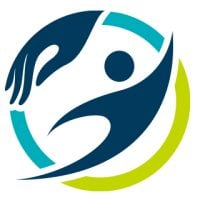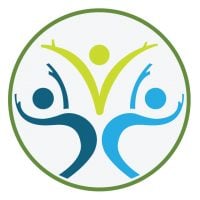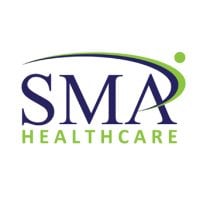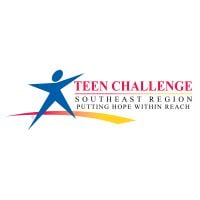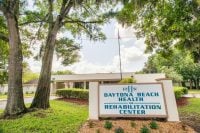Stewart Marchman Act Behavioral Healthcare - Outpatient
Drug Rehab Center in Deland, Florida
SMA Healthcare - Outpatient in Deland, Florida, is a reputable treatment facility with CARF and SAMHSA certifications that offers comprehensive care for dual diagnosis, mental health issues, alcoholism, substance abuse, opioid addiction, and drug addiction, including aftercare support, dual-diagnosis treatment, outpatient programs, and detox services, thereby enhancing individuals' recovery journey and overall wellbeing.
About Stewart Marchman Act Behavioral Healthcare - Outpatient in Florida
Stewart Marchman Act Behavioral Healthcare – Outpatient, located in Deland, Florida, is distinguished for its dual diagnosis and mental health treatment focus. As a leader in behavioral healthcare services, it leverages over 50 years of experience in providing comprehensive care. This facility stands out for its evidence-based treatment practices and compassionate, professional staff dedicated to changing lives.
SMA Healthcare - Outpatient is both CARF and SAMHSA certified, validating its commitment to high-quality care. It offers a range of services tailored for individuals dealing with complex issues related to dual diagnosis, mental health, and addiction. The affiliation with Stewart Marchman Center further enhances the breadth of integrated treatment options available to patients.
- Dual Diagnosis Treatment: Expert care for individuals grappling with simultaneous substance abuse and mental health disorders.
- Outpatient Programs: Flexible treatment options allowing for recovery without disrupting daily life.
- Detox Services: Comprehensive support during the withdrawal process, ensuring safety and comfort.
SMA Healthcare - Outpatient addresses a wide array of issues, including alcoholism, drug addiction, opioid addiction, and specific mental health concerns through a variety of treatment methods and care levels. With a focus on aftercare support, the facility is dedicated to fostering enduring recovery and improving patient well-being.
Genders
Ages
Modality
Additional
Accreditations
SAMHSA

CARF
The Commission on Accreditation of Rehabilitation Facilities (CARF) is a non-profit organization that specifically accredits rehab organizations. Founded in 1966, CARF's, mission is to help service providers like rehab facilities maintain high standards of care.
Conditions and Issues Treated
Dual Diagnosis treatment centers like Stewart Marchman Act Behavioral Healthcare - Outpatient provide this treatment tailored to the patient’s specific needs, and they also have a specialized focus on addiction treatment. Drug and alcohol addiction often coexists with another mental illness, such as depression or schizophrenia. In other words, drug addiction is only a symptom of a deeper problem.
When addiction enters into the picture, it can often lead to dangerous consequences in the addict’s life. For example, when addiction is paired with major depression, it can lead to suicidal thoughts or actions. When someone is addicted to drugs or alcohol, they often experience a failure to control their impulses and difficulty decision-making.
Dual diagnosis for drug addicts can be very effective when treating drug addiction in Deland, FL.
Levels of Care Offered
This center offers a variety of custom treatment tailored to individual recovery. Currently available are Aftercare Support, Dual-Diagnosis, Outpatient, with additional therapies available as listed below.
Outpatient treatment programs are less intensive than an inpatient program. Participants live at home while working or going to school. Benefits include being able to continue relationships with family, friends, and work/studies. Treatment includes educating patient on addiction to drugs, medication, and counseling. Benefits include being able to continue relationships with family, friends, and work/studies. Treatment includes educating patient on addiction to drugs, medication, and counseling. Counseling sessions are for either individual or group.
Aftercare Support in drug rehab is crucial because it helps people stay sober after treatment. The benefits of Aftercare Support are that it provides a pathway that will help people get sober for life. It supports healing at all levels, physical, mental, emotional, and spiritual.
Therapies & Programs
Individualized Treatment is essential because it gives addicts the ability to participate in a program that meets their unique needs. An addict should work with professionals who understand what they’re going through, especially if the addict is actively using.
Trying to find a treatment program that meets your needs can be challenging. It’s even more complicated if you don’t know what kind of treatment you need. Being able to have professionals who are experienced with treating your situation is key to getting sober. Finding the right treatment program for an addict is difficult, but it’s even harder without communicating with those who have experience treating your specific situation.
Couples therapy is beneficial for couples in which at least one partner has a substance use disorder. This type of therapy can help partners improve communication skills, which is an important factor in a healthy relationship. It can also help partners better understand one another so they have a greater understanding of how the other partner may be feeling.
Benefits of couples therapy include:
- Improvement in communication skills
- Increased understanding of the dynamics within a relationship
- Increased sense of support and trust in the relationship
- Better teamwork between partners/increased willingness to listen and work together
- Enhanced tolerance of each other’s shortcomings
- Improved ability to have open, honest communication with each other
Family dysfunction can often be the underlying cause of substance abuse. To get sober, you need to find a different way to cope with the pain in your life. Family therapy can help you and your family deal with old issues that may trigger substance abuse. It will help everyone understand why each member of the family feels and acts the way they do. It can give everyone new tools to manage their emotions so that they don’t want to drink or do drugs.
A person looking for drug recovery should know that group therapy is an essential tool. Group therapy provides accountability and friendship to people with addiction. It is recommended as a lifetime treatment habit. Group therapy occurs in a group setting as opposed to a one-on-one setting. It benefits patients by providing a feeling of support and letting them know they are not alone. Patients at Stewart Marchman Act Behavioral Healthcare - Outpatient also learn to build trust and understanding and gain perspective through discussions.
If you are looking for a drug addiction treatment program that also provides trauma therapy, then Stewart Marchman Act Behavioral Healthcare - Outpatient in Deland, FL is a great option. The staff at this facility specialize in helping people process and understand the past traumas that have led them to addiction. This approach can help individuals move forward with their recovery and take a better hold of their sober future.
The benefits of trauma therapy at Stewart Marchman Act Behavioral Healthcare - Outpatient in Deland, FL are as follows:
- People will become less likely to engage in self destructive behaviors.
- Their emotional and mental health will significantly improve.
- They will be more confident in their abilities to live an addiction-free life.
- People will be able to connect with other people on a deeper level.
- Their problems with intimacy and trust will improve.
Dialectical behavior therapy is a type of cognitive-behavioral therapy that focuses on eliminating specific negative thoughts that can potentially lead to an individual inflicting self-harm. It helps treat patients exhibiting uncontrollable emotions, intense mood swings, and borderline personality disorders.
The term “dialectic” means the integration of opposites. In the substance abuse context, dialectical behavior therapy refers to accepting the patient’s addiction and changing their thoughts and behavior. It improves life skills such as controlling intense emotions without reacting impulsively, resolving interpersonal conflicts effectively, and promoting awareness about self and others.
Cognitive behavioral therapy (CBT) is a type of psychotherapeutic treatment that is focused on changing negative ways of thinking that contribute to addictive behavior.
Cognitive behavioral therapy is beneficial for:
- People who are seeking to overcome addictive behavior
- Those who struggle with addictive behavior and mental illness
- People who have a genetic history of addiction in their family
- Those who don’t want to depend on medications
- Those who need a more practical treatment approach
Addicts seeking sobriety can find quick results with Rational Emotional Behavior Therapy. This type of counseling offered by Stewart Marchman Act Behavioral Healthcare - Outpatient replaces negative and self-limiting thoughts with positive and productive behaviors. This allows addicts to move forward without having to deal with ongoing treatment throughout their lives.
Life skills training is beneficial for addicts in recovery because it helps them learn how to take care of themselves and improve their quality of life, which can promote feelings of purpose and motivation.
This type of treatment works by teaching individuals life-enhancing skills that support positive living, including:
- Healthy lifestyle habits
- Skills to effectively manage stress
- Effective communication skills to help them get their needs met without turning to drugs or alcohol
- Money management and budgeting skills so they can continue to take care of themselves after treatment ends.
Patient Experience
Experiential Therapy at Stewart Marchman Act Behavioral Healthcare - Outpatient
Experiential therapy is a type of therapy that has been found to be effective in the treatment of substance abuse. It is a “hands-on” approach, which can involve anything from acting to rock climbing. The individual must trust the therapist for this therapy to work. This therapy helps individuals revisit and heal from past traumas and has been used in various behavioral and eating disorders.
Payment Options Accepted
For specific insurance or payment methods please contact us.
Is your insurance accepted?
Ask an expert, call (888) 674-0062
Stewart Marchman Center Associated Centers
Discover treatment facilities under the same provider.
- SMA - Deland Men's Residential Treatment - DMRT in Deland, FL
- Stewart Marchman Act Behavioral Healthcare in Daytona Beach, FL
- SMA Behavioral Health Services - Red John Drive in Daytona Beach, FL
- Stewart Marchman Act Behavioral Healthcare - Inpatient in Bunnell, FL
- Stewart Marchman Act Behavioral Healthcare - Fentress Boulevard in Daytona Beach, FL
Learn More About Stewart Marchman Center Centers
Additional Details
Specifics, location, and helpful extra information.
Deland, Florida 32720 Phone Number(386) 254-1100 Meta DetailsUpdated April 15, 2024
Staff Verified
Stewart Marchman Act Behavioral Healthcare - Outpatient Patient Reviews
There are no reviews yet. Be the first one to write one.
Deland, Florida Addiction Information
Florida is one of the nation's epicenters for substance abuse and drug-related overdoses. In 2014, around 410,000 Florida residents were addicted to drugs and alcohol. Over the last 10 years, 12% of all deaths in the state were attributed to substance abuse. Treatment admissions for alcohol reached 24,329 patients in 2016, and 2.5% of Florida high school students admitted to using crack cocaine.
The rate of drug use in Deland increased by nearly 50% from 2010 to 2020. About 27% of adults in Deland reported drinking alcohol excessively. Drugs such as heroin, methamphetamine, and prescription painkillers are all easily obtainable in Deland. The most common types of treatment in Deland, Florida are outpatient and inpatient programs.
Treatment in Nearby Cities
- Deerfield Beach, FL (200.2 mi.)
- Clermont, FL (42.7 mi.)
- Punta Gorda, FL (150.8 mi.)
- Palm Beach, FL (177.2 mi.)
- Sebastian, FL (96.8 mi.)
Centers near Stewart Marchman Act Behavioral Healthcare - Outpatient
The facility name, logo and brand are the property and registered trademarks of Stewart Marchman Act Behavioral Healthcare - Outpatient, and are being used for identification and informational purposes only. Use of these names, logos and brands shall not imply endorsement. RehabNow.org is not affiliated with or sponsored by Stewart Marchman Act Behavioral Healthcare - Outpatient.
